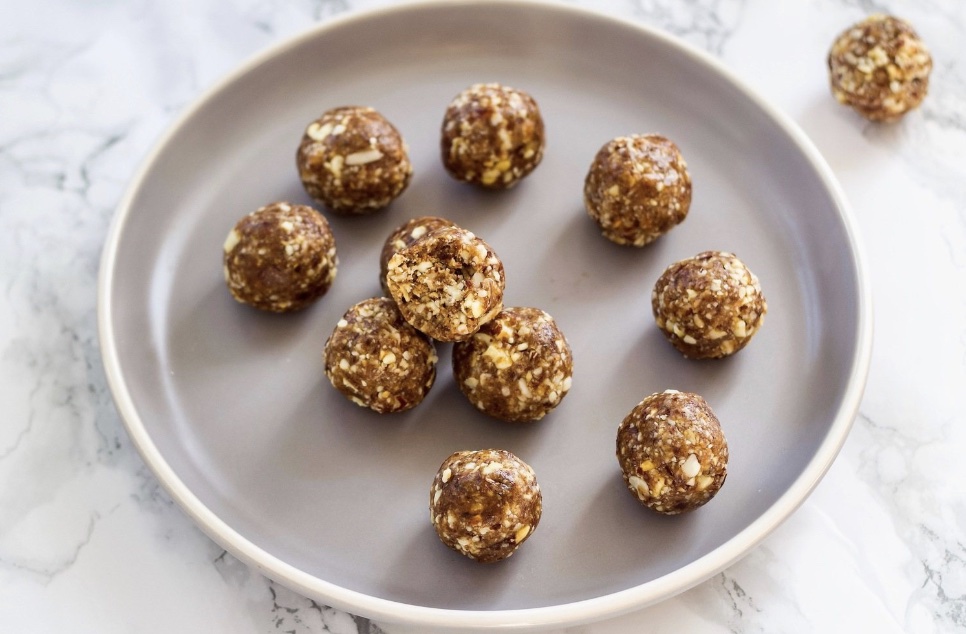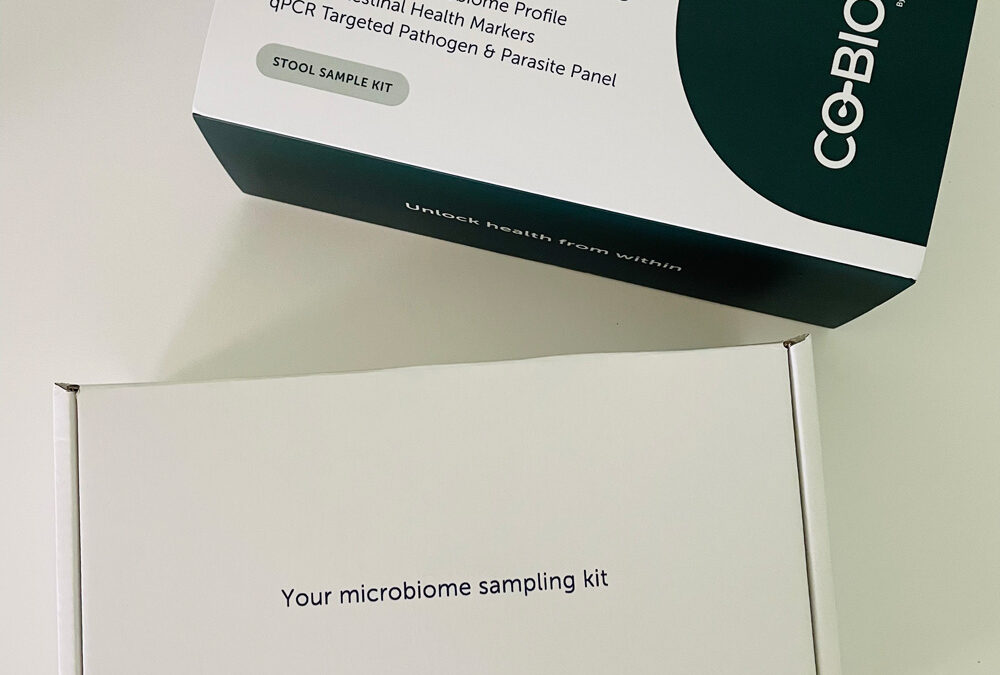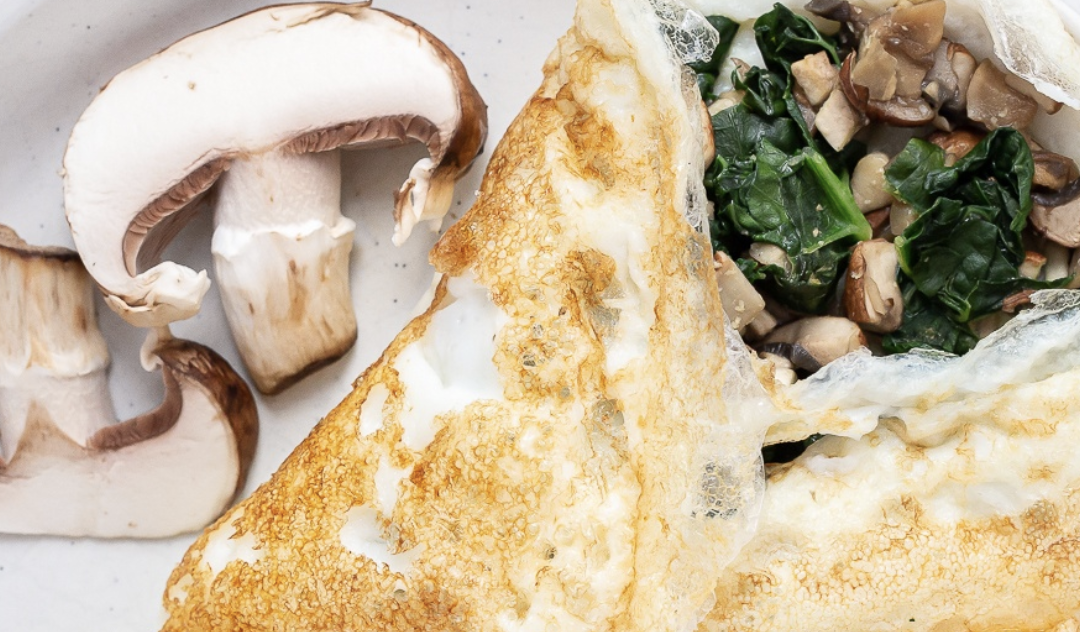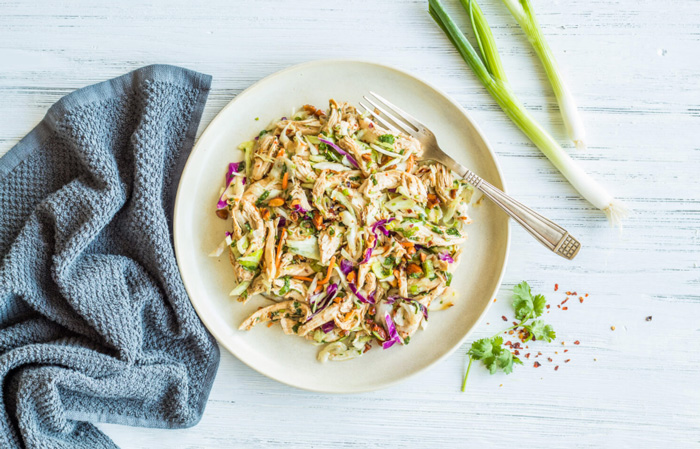When you think about your gut, you probably imagine it as the place where your food gets digested, but did you know that your gut plays a huge role in your mood and overall mental well-being? It might sound surprising, but there’s a growing body of evidence showing that the health of your gut can significantly impact how you feel emotionally.
Let’s dive into how this connection works and what you can do to keep your gut happy—and your mood even happier.
The Gut-Brain Axis: The Connection Explained
At the heart of the gut-mood connection is what’s known as the gut-brain axis. This is a two-way communication system between your gut and your brain. Think of it as a high-speed highway where signals are constantly being sent back and forth. When your gut is in good shape, it sends positive signals to your brain, which can boost your mood and reduce feelings of stress and anxiety. Conversely, if your gut health is out of balance, it can send distress signals that may contribute to feelings of anxiety, depression, and even irritability.
Example: Imagine you’re about to give a big presentation at work. You might notice that your stomach feels like it’s tied in knots, or you suddenly need to make a quick dash to the bathroom. That’s your gut-brain axis in action—your gut reacting to your brain’s stress signals.
The Role of Gut Bacteria in Mood Regulation
Your gut is home to trillions of microorganisms, collectively known as the gut microbiota. These tiny inhabitants play a crucial role in your digestive health, but they also produce neurotransmitters like serotonin, often dubbed the “feel-good” chemical. In fact, about 90% of the body’s serotonin is made in the gut! This neurotransmitter is essential for regulating mood, sleep, and even appetite.
When your gut microbiota is balanced, it supports the production of serotonin and other mood-stabilising chemicals. However, factors like poor diet, stress, and antibiotics can disrupt this balance, leading to a decrease in serotonin production and an increase in mood disorders.
Lastly, an overgrowth of certain gram-negative bacterial species, such as E. coli, Citrobacter, and Klebsiella, can be pro-inflammatory. This inflammation can extend to the brain, increasing levels of depression and anxiety. This can be confirmed through microbiome stool testing.

Steps to Improve Your Gut Health and Boost Your Mood
Now that you understand the gut-mood connection, let’s talk about practical steps you can take to improve your gut health and, in turn, enhance your mood.
1. Eat a Balanced Diet Rich in Fibre
- Why: Fibre feeds the good bacteria in your gut, helping them to flourish. Foods like fruits, vegetables, whole grains, and legumes are all excellent sources.
- How: Incorporate at least 5 servings of vegetables and 2 servings of fruit into your daily diet. Opt for whole grains like brown rice or quinoa instead of refined grains.
2. Incorporate Probiotics and Prebiotics
- Why: Probiotics are live bacteria that can help restore the natural balance of gut bacteria, while prebiotics are fibres that feed these beneficial bacteria.
- How: Add probiotic-rich foods like yogurt, kefir, sauerkraut, and kimchi to your diet. For prebiotics, try legumes, cooked and cooled rice, bananas, and asparagus.
3. Manage Stress
- Why: Chronic stress can negatively impact your gut health by disrupting the balance of your gut microbiota.
- How: Practice stress-reducing activities such as yoga, meditation, or even a daily walk in nature. Consider mindfulness techniques to help manage day-to-day stress.
4. Get Enough Sleep
- Why: Poor sleep can lead to imbalances in your gut microbiome, which may affect your mood.
- How: Aim for 7-9 hours of quality sleep per night. Establish a bedtime routine that promotes relaxation, such as reading a book or taking a warm bath.
5. Limit Processed Foods and Sugars
- Why: Processed foods and sugars can disrupt the balance of gut bacteria, leading to a decrease in the production of mood-stabilizing chemicals.
- How: Reduce your intake of processed snacks, sugary drinks, and sweets. Opt for natural sweeteners like honey or maple syrup if you need a sugar fix.
Conclusion: Trust Your Gut
Your gut does a lot more than just digest food—it plays a vital role in your mental health too. By taking steps to nurture your gut health and lay the foundations as mentioned above, you can support not just your digestion but your mood and overall well-being. Remember, a happy gut equals a happy mind, so trust your gut feeling and take care of it!
If you are struggling with anxiety, depression, and have are wondering if your gut health is playing a big role in this feel free to visit our clinic and book an initial consultation here.












